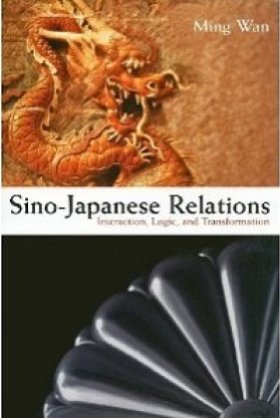Sino-Japanese Relations: Interaction, Logic, and Transformation

-
With the passing of the “friendship generation” and the increase in (mostly negative) societal participation in the late 1980s, the governments of China and Japan have found it increasingly difficult to navigate between the constraints and possibilities in their relationship. Based on ten years’ research in the United States, China, and Japan, this book argues that the relationship is politically now dispute-prone, cyclical, and downward-trending but manageable; militarily uncertain; economically integrating; psychologically closer in people-to-people contact yet more distant. The author develops measures of political interaction, trade, foreign direct investment, tourism, and student exchanges, and casts doubt on many prevailing assumptions about Sino-Japanese relations.
Ming Wan is Professor of Government and Politics and Director of the Global Affairs Program at George Mason University. He is the author of The Political Economy of East Asia: Striving for Wealth and Power (2008), Human Rights in Chinese Foreign Relations: Defining and Defending National Interests (2001), and Japan Between Asia and the West: Economic Power and Strategic Balance (2001).
Author
Browse Insights & AnalysisExplore More
Browse Insights & Analysis
Iraq Should Consider Extending UNAMI’s Mission
Posted date/time:
Middle East Dialogue February 2025 Meeting Report
Posted date/time:

